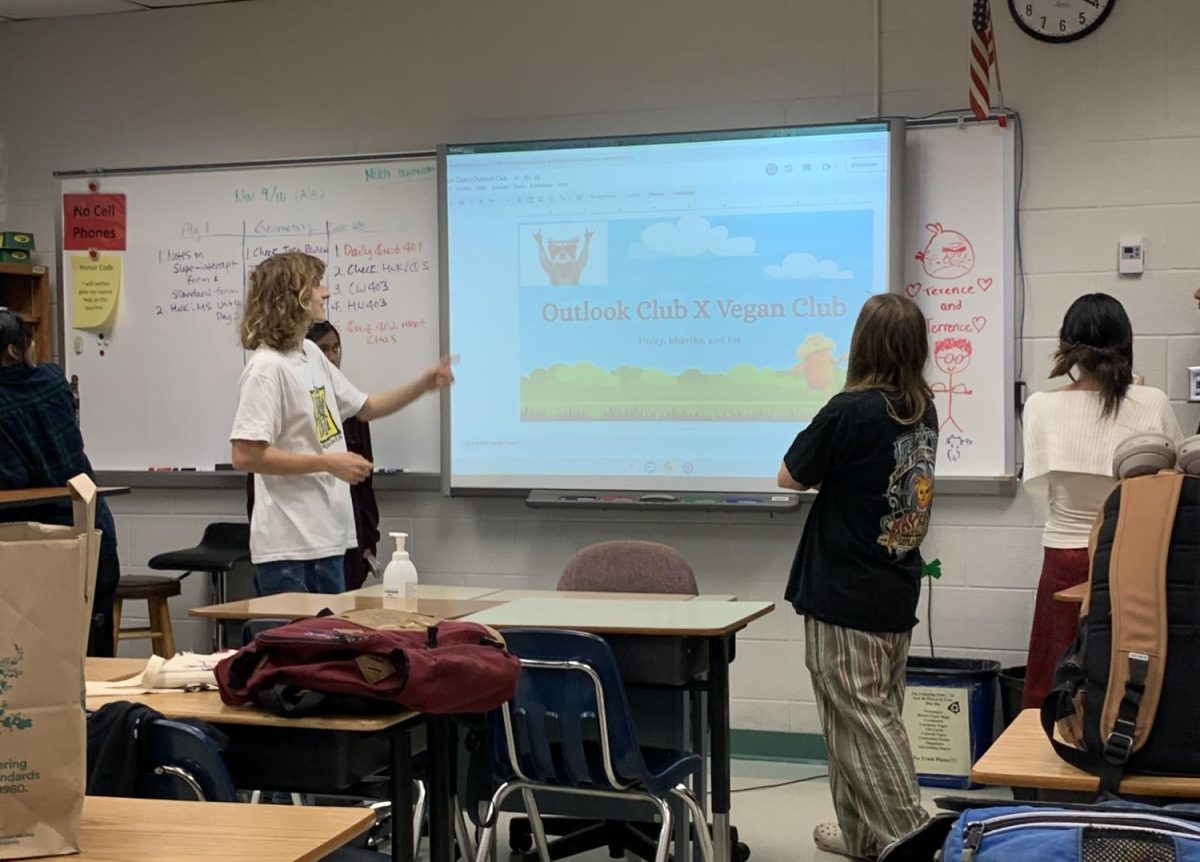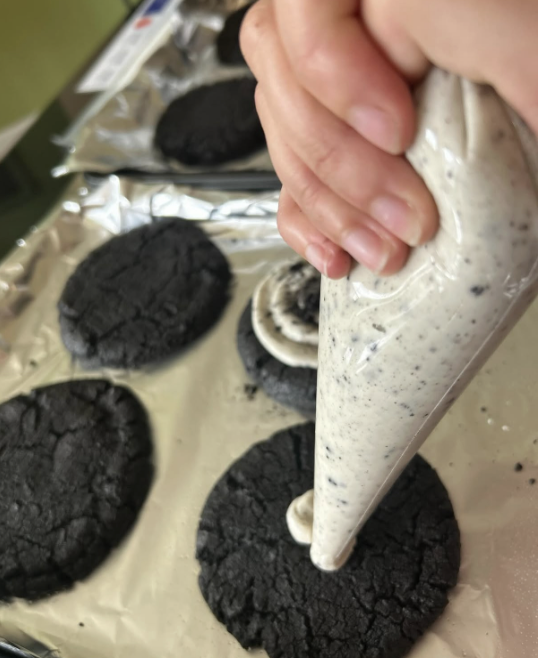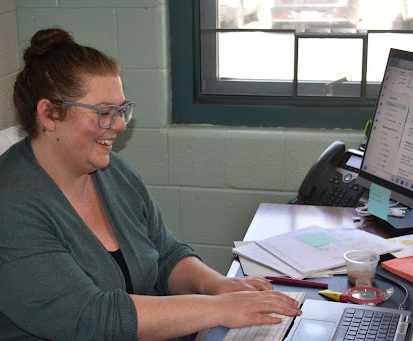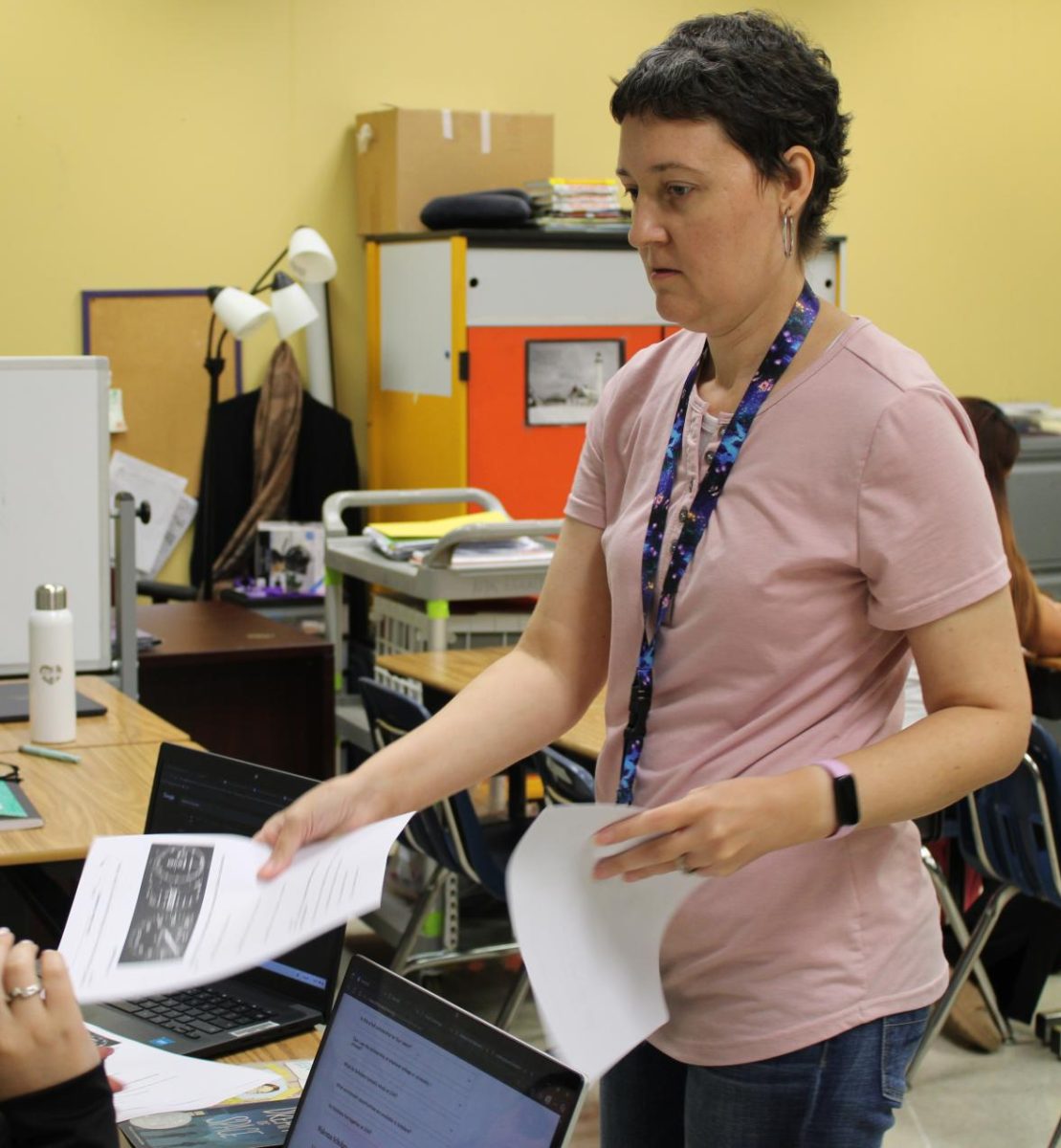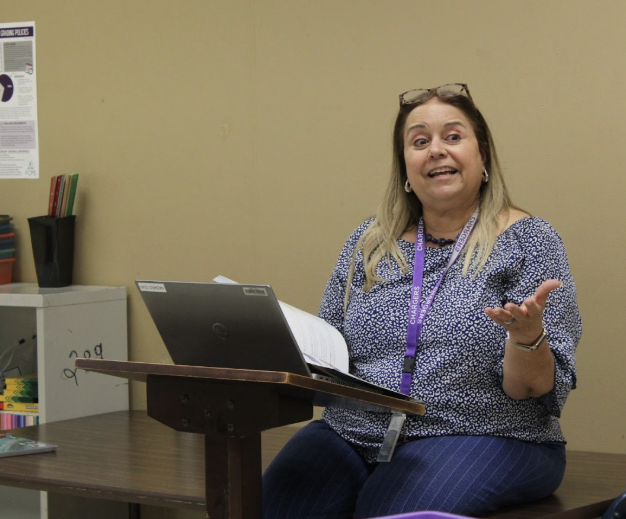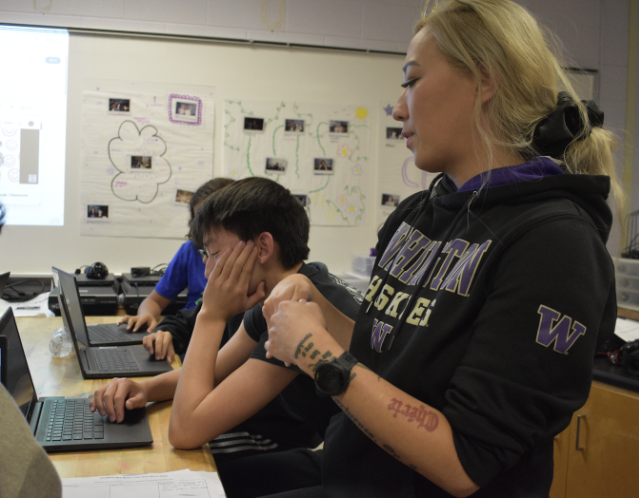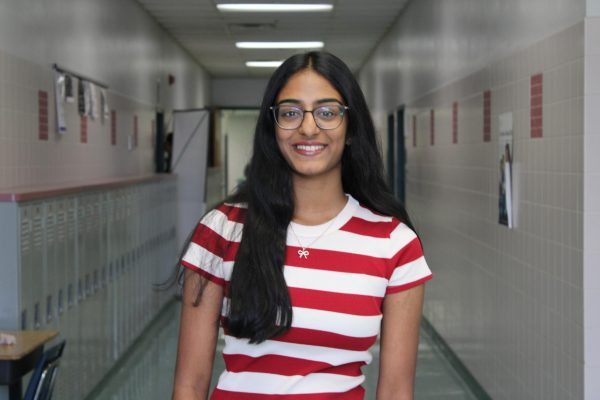With over 150 clubs at CHS, participating students interact and discuss with their peers on shared interests and hobbies. Although there are a variety of diverse clubs in the school, students who want to create a new space have the option to start a club, an organization that can continue years after they graduate. Starting a club will demonstrate leadership skills and willingness to take initiative, although it may be time consuming, according to Princeton Review.
The first step to starting a club is to make sure that a similar club doesn’t exist in the school by checking the student organizations list on the student Google site. Some of the existing clubs include honor societies, academic clubs like Science Olympiad or Technology Student Association and service-oriented clubs like Red Cross Society or Key Club.
The second is to find a sponsor and have a minimum of 10 people interested. A sponsor can be any staff member who can provide supervision in meetings and outside events. Once a sponsor is found, the required forms, which consist of a cover sheet, an application form and a constitution may be found in every class-specific Schoology page. After they are completed, they must be emailed to assistant director of student activities Carmen Wise for approval.
“After all those steps, I send it to Mr. Bowerman as another set of eyes, so he has to approve it and then from there it goes to Dr. Goodloe,” Wise said. “Once Dr. Goodloe stamps her seal of approval, then it goes to our assistant superintendent’s office for final approval. I normally say up to two to three weeks, but this year it seems like it’s taking longer than that.”
Many club applications are sent in each year, but only a select few are approved by administration. Despite public interest, a variety of clubs are not allowed to be part of the school if their purpose is to raise money for a national organization or they violate risk and management rules.
“The number one reason is if we already have the club or something very similar,” Bowerman said. “Also, if the main purpose of the club is to do competitions like a sport. Clubs are interest only, so you’re not supposed to actually be playing the sport, but talking or watching videos about the event.”
Alzheimer’s Club, now called ALZConnect, was started by junior Anshul Yarlagadda who decided to assist dementia patients by volunteering in nursing homes and senior living facilities.
“I started my club because I realized that many facilities were understaffed and could definitely benefit from getting more volunteers,” Yarlagadda said. “I wanted to bring more awareness about dementia, specifically Alzheimers, and also to get more volunteers for these nursing homes.”
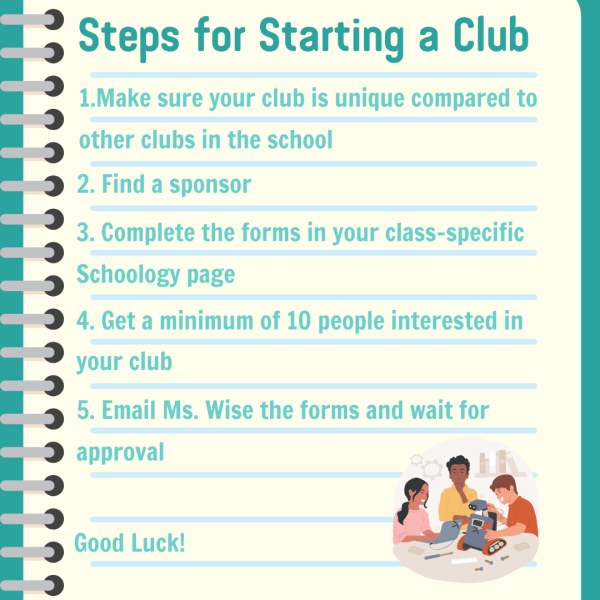
According to Yarlagadda, ALZConnect has now become a nonprofit with club meetings still in school. However, its online presence has grown substantially stronger since its creation.
Another club, which is still in the approval process, is the cartooning club. Sophomore Jinna Hyun plans to advance her artistic skills through the club by creating new characters and stories. Unlike Art club, which does mostly crafts, cartooning club focuses mostly on drawing and sketching.
“I wanted a place where I can draw, talk to people and tell stories,” sophomore Jinna Hyun said. “I’m not very good at it myself and I think it would be good if a bunch of people got together and helped each other.”
Hyun’s passion for creating characters and stories fueled her desire to start a club and bond with her peers. Despite the people interested in her club, Hyun found it difficult to find a sponsor. Hyun asked many of her teachers from last year and friends’ teachers as well in order to find one.
“It was fairly easy to get a bunch of people on board because the minimum requirement is 10 people,” Hyun said. “There was this whole mix up with finding a sponsor so I put up posters for someone who could be a full time sponsor and then I got one email which was one of the best feelings.”
Even after they graduate high school, both Yarlagadda and Hyun hope their clubs will be in good hands and inspire those around them.Their passions helped establish unique spaces for students with similar interests to collaborate and work with in the future.
“It is a big deal to get a club approved and it goes through many hands to do that,” Wise said. “We want to see clubs that we do approve off the ground and running for multiple years, not just a couple months.”


